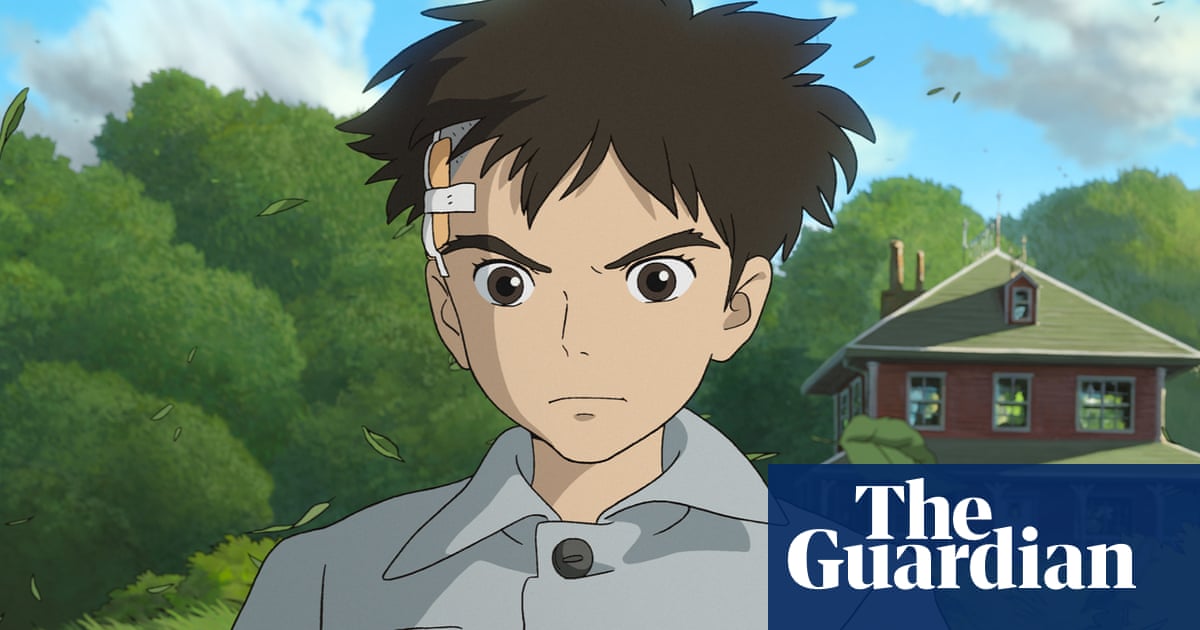
or the first time in six months, we took the boy back to Ireland to see his nana and grandad. On arrival, we took our Covid-19 tests, which involved inserting a cotton bud slightly too far up our nostrils and sending their delightful scrapings off to some lucky lab technician in the Midlands. Distances were kept and family members resolutely uncuddled. Even though the cases have remained low, there’s a vigilance in Ireland that seems more marked than in London. In bustling Hackney, there’s a reluctance to impose on strangers. Some wear masks, but if they choose not to, little fuss is made. In the leafy Dublin suburb of my in-laws, this is not the case. On one trip to a local park I didn’t see a single adult unmasked, and had more than a few tight-lipped impasses when our buggy was judged to be idling a little too close to another.
It would take a more talented sociologist than me to isolate the differences between the British and Irish psyches, but seeing as I don’t have one to hand, I’ll speculate wildly. The fact is, for all that rebellious spirit we like to export in our rousing songs and knotty novels, the Irish are an obedient people.
We’ve spent the past two centuries exporting our wildest and most attractive men and women, so they could set themselves up as exiles. From there, they’ve crafted a romantic image of the Irish as piratical poets and jumper-clad libertines. Such is our exuberance that most Irish people are used to making English people laugh without realising we’ve said anything funny, as if there’s a wildness to Irish life that can be detected in our plainest speech. In reality, Ireland has always been more rigidly conformative than Britain, a ‘mammy state’ where life was in black and white until about 1984 (this is a joke) and homosexuality and divorce were only legalised in the mid-90s (this, sadly, is not).
When the pandemic broke out, then-Taoiseach Leo Varadkar was perhaps better placed to make zealots of the population, since he is himself a qualified GP and Irish people obey their doctors like minor gods. I think I first realised this on our NCT course in London, when the group leader explained we should push back against medical professionals if they asked us to do something we didn’t want to. As others in the room chimed in brightly with the resistance they’d given doctors during their appointments, my wife and I looked at each other as if we’d wandered into Cannibals Anonymous. The idea that we would have contradicted our doctors seemed so wilfully perverse, we said, that if a doctor asked us to lie upside down dressed as matadors, we’d have gone along with it. This plain speech too, made the room erupt with laughter.
In the end, our tests came back negative. Cuddles resumed, and we discussed what we’d do for the rest of our three-week trip, in the stilted, comforting stillness of our mammy state.











